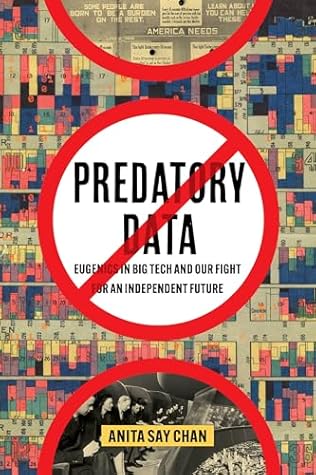Kindle Notes & Highlights
Read between
February 9 - September 16, 2025
In the face of such developments, Zuckerberg’s manifesto asserted an explicitly Silicon Valley–centric worldview that not only conspicuously “forgot” and excised any mention of the growing violence linked to it and other social media platforms, but projected elite, Western data scientists’ and Big Tech companies’ exclusive right to continuously build. Indeed, so firmly did he defend the ultimate virtue of companies’ technological designs, whatever the evidence of their impact, he continued to insist that they were the best solutions for a “free society.” He would take until the end of the over
...more
In the midst of growing global reports that Western social media platforms were becoming authoritarian regimes’ favored tool for nationalist media manipulation, xenophobic fearmongering, and techno-eugenic–styled campaigns against pluralistic societies,
This project pushes back on such pernicious logics of “expendable” life, and the “imperative to build” in the name of Western Big Tech and its future of optimized, techno-eugenic progress and economized security. It aims to diagnose a global condition where, in the face of a global epidemic of anti-pluralistic authoritarianisms and politics of xenophobic segregation directly tied to Western platform technologies, Big Tech firms and the growing AI- and big data-driven economy can still perversely be promoted and framed as uniquely scalable engines of global salvation.
It firstly aims for accessibility and inclusivity, and veers away from the assumption that familiarity with disciplinary debates or disciplinary expertise should be privileged.
Together, these chapters argue that we can still disrupt predatory data’s expansion, but to do so requires bringing our present and future forecasting into new conversations with the past. Indeed, we understand the impacts of predatory data in our present information age only dimly without a consideration of the history of eugenics and how its specter has fundamentally shaped the master narrative of knowledge work and technology in the twenty-first century.
It is to cultivate modes of relational accounting and justice-centered practices that promote healing, restoration, and solidarity through data work, rather than merely projecting growth and wealth creation as the lone ambitions or natural trajectories of the digital.


